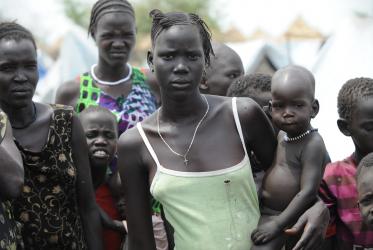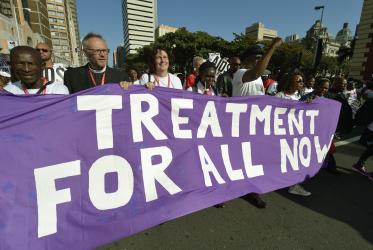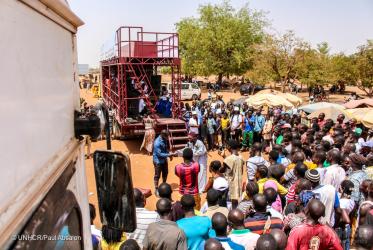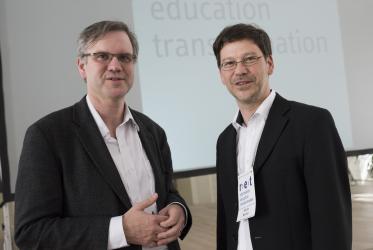Displaying 201 - 220 of 342
01 August 2016
Facilitating peace with passion
26 July 2016
AIDS 2016: Coverage of faith response to HIV
22 July 2016
Children are being let down over HIV care
17 July 2016
AIDS 2016: “Stigma kills more people than HIV”
17 July 2016
‘Unprecedented times of hopelessness’ in Holy Land
11 July 2016
God’s forgotten children
20 June 2016
Peace, health and education are Gaza's future
24 May 2016
Making SDGs progress everybody’s business
19 May 2016
Peacemakers call for new European vision
07 April 2016












